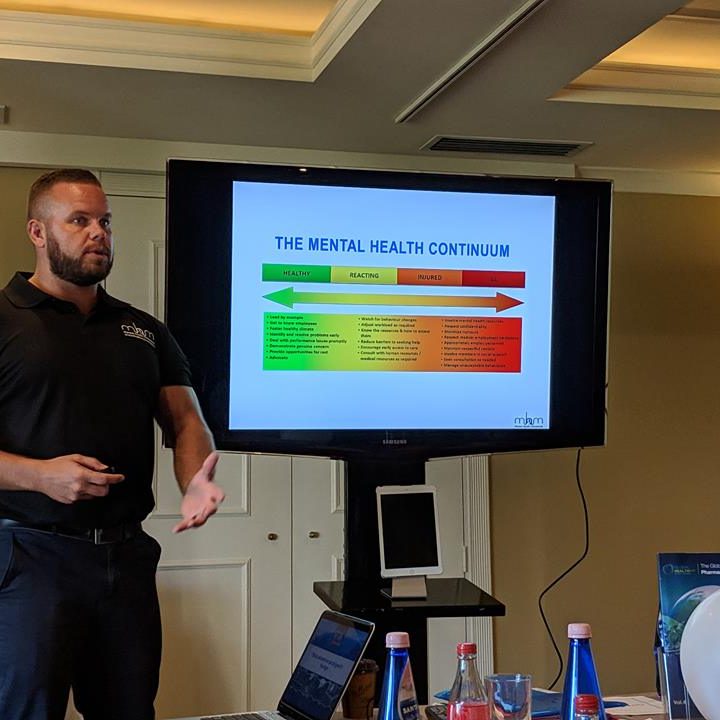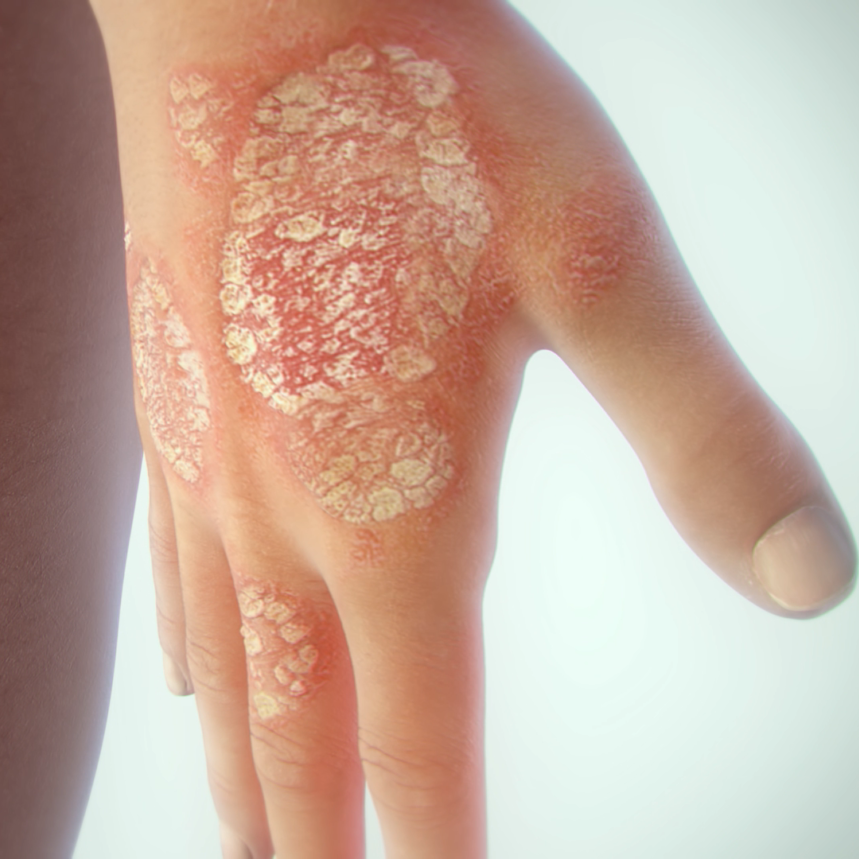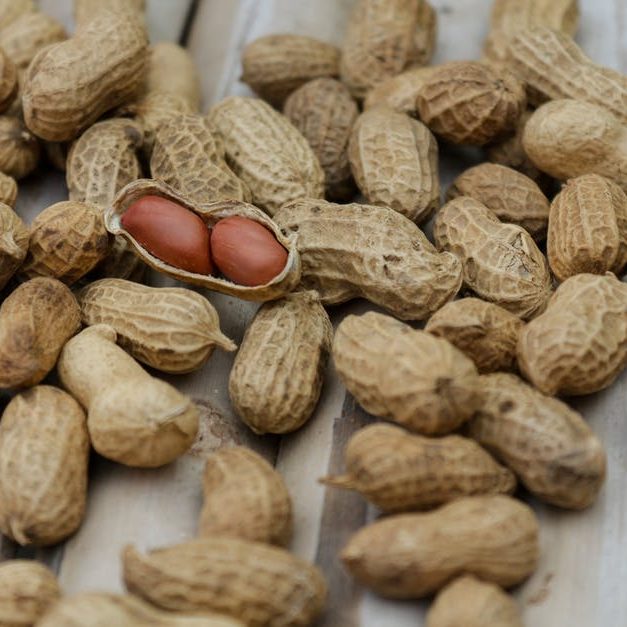
February is Ovarian Cancer Awareness Month
Ovarian cancer is the deadliest women’s cancer. Each day, four Australian women are diagnosed with ovarian cancer and each day, it claims the lives of three women. This February is Ovarian Cancer Awareness Month and Ovarian Cancer Australia (OCA) says it’s time to ovary-act. There is an urgent need to improve survival rates and increase ovarian…

Former NRL Player, Dan Hunt reinforces the importance of living a purposeful life to Team VIVA!
At our recent annual workshop staged at Lilianfels Resort & Spa, Blue Mountains, NSW between 17-18 January, 2019, we reflected on our PR agency’s achievements over the past year and discussed strategies to enable us to move forward in 2019. During our workshop, former NRL star and guest speaker, Dan Hunt, 32, took us on…

The do’s and don’ts of office productivity
Do embrace a collaborative and diverse workplace culture Organisations that succeed display strength of combined diverse expertise by harnessing each team member’s strength to boost productivity. Let everyone’s true colours shine. Let the creatives be creative and lets the nerds be the nerds. If everyone had the exact same skill set, the potential output of…

Researchers uncover the effects of aroma on making food selections
An American research team have uncovered the effect of aroma when people make the selection between healthy and unhealthy food. Researchers from the marketing department at the University of South Florida in Tampa set out to understand how food-related ambient scents affected food choices. The team found people exposed to an unhealthy food aroma for…

Federal Health Minister announces Feb 1 PBS listing of psoriasis biologic, ILUMYA
A targeted biologic for the estimated 19,000 Australian adults living with severe chronic plaque psoriasis will be listed on the PBS from February 1, 2019. Federal Health Minister, The Hon. Greg Hunt, MP, announced the PBS listing of Sun Pharma’s ILUMYA (tildrakizumab) today, for those who meet the reimbursement criteria. ILUMYA belongs to a new class…

Research team finds chaotic proteins hold the key to understanding cancer cell growth
New research has revealed chaotic swings of protein concentrations keep the immune system functional and thus allow it to stave off chronic diseases such as cancer and diabetes. Modern research has attributed the development of cancer cells to faulty mechanisms at play in the immune system, or breakdowns in what medical experts call “signalling pathways”.…

Brain training app “significantly” improving attention skills
A brain stimulating phone app developed to improve concentration has been found to enhance attention skills so significantly its effects have been compared to prescription medication. The brain training app, called Decoder, was developed by a research team from the Department of Psychiatry at the prestigious University of Cambridge in the UK. In testing its…

EpiPen supplies returning to normal after year-long shortage
Widespread shortages of EpiPen, an epinephrine autoinjector for the treatment of anaphylaxis, have been resolved. The Therapeutic Goods Administration (TGA) confirmed this week the supply had returned to normal following a worldwide shortage that lasted almost a year. Issues with overseas manufacturers of the Mylan product in April 2018 had international ramifications, forcing those with…

Battling the heat on Australia Day
Many Australians will be spending the day outdoors, but with temperatures set to surge into the 30s, the thousands heading to the beach or public pool will need to be extra careful to avoid heat-related illnesses. Australia Day celebrations normally go hand-in-hand with drinking, playing cricket and picnicking by the beach – sounds fun, but…

Landmark study offering new hope for the treatment of people living with peanut allergies
Allergies are commonly believed to have no cure. Given a large percentage of the population experiences various allergies, with peanut allergy the number one cause of allergy-induced fatalities, it was only a matter of time before scientists chose to explore ways to treat the serious health problem. Aimmune Therapeutics-funded study (PALISADE) involved almost 500 participants…
